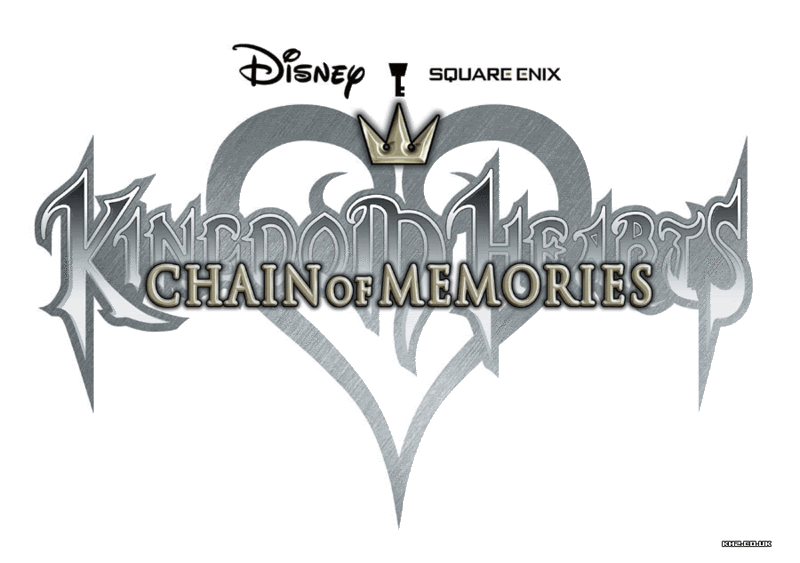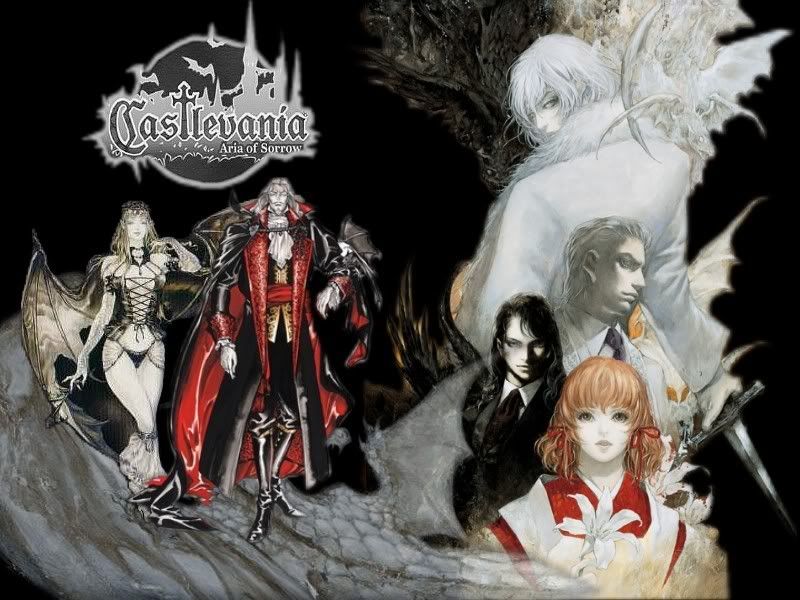THE GBA THREAD
"I ACCEPT REQUESTS" 
Pokemon Fire Red
The enduring appeal of Pokémon may seem inexplicable to the uninitiated, but it's certainly no accident. The world of Pokémon is a cute, kid-friendly one, filled with hundreds of different colorful creatures, many of which are inspired by real animals. Each unique Pokémon has a clever name and a distinct combination of traits and abilities. In the gameworld, trainers capture these critters out in the wild and then duel them against other trainers and their creatures. It's sort of a violent premise, actually, and therein probably lies part of the allure--yet the world of Pokémon is so lighthearted and charming that even cynical players are liable to get swept into it if they give it so much as a chance.
As in the original Pokémon Red and Blue, in FireRed and LeafGreen, you play as a character with aspirations to become the greatest Pokémon trainer in the land. Unlike in the original Pokémon games, though, you can now play as either a boy or a girl. Either way, you'll be trying to discover every last breed of those mysterious creatures in the process. Along the way, you'll square off against the nefarious Team Rocket, not to mention dozens of rival Pokémon trainers. Just getting to the end of the story takes about 25 hours, and you'll have uncovered only a fraction of the Pokémon in the game by that time--so there's tons of lasting value here, especially since you can keep playing once the main quest is over. In fact, hardcore Pokémon fans would argue that you're only just getting started at this point. Once you've finished the quest, many more new Pokémon become available for catching, and it's possible to go back and challenge any of the trainers you've previously encountered for some tough high-level challenges.
As with previous simultaneously released Pokémon games, FireRed and LeafGreen are essentially identical products whose only differences are precisely which Pokémon creatures they contain. Neither version contains all of the Pokémon, so you'll need to trade with another player in order to catch 'em all. But there's little point in actually getting both versions of the game for yourself.
Its one real innovation was battles between pairs of Pokémon (the vast majority of fights were still one-on-one), and that twist carries over into FireRed and LeafGreen, which otherwise plays just like Pokémon always has. Basically, you'll run around in the game's fairly vast world of towns interconnected with stretches of wilderness, and as you go, you'll often run into rival trainers as well as wild Pokémon, at which time the game switches to battle mode. The turn-based battles are simple in execution--each of your Pokémon has a maximum of four different actions it can use in a fight--and yet there's genuine complexity in the balance between different types of Pokémon.
http://rapidshare.com/files/35815816...lish__gba_.zip

Kingdom Hearts Chain Of Memories
The fan focus is evident right off the bat, as Chain of Memories picks up immediately where the original Kingdom Hearts left off. Our spiky-haired protagonist, Sora, is wandering a land of open fields together with his fast companions, Donald Duck and Goofy. They end up drawn to the gates of a great castle, where they are confronted by an enigmatic robed and cowled figure speaking in riddles. It turns out that the trio has become trapped in a place called Castle.[COLOR=#000000 ! important][/color] where simple cards adopt special properties. It's evident that nefarious business is afoot, but the band of heroes has no choice but to explore the castle in an effort to find King Mickey and Sora's friend Riku. And there's an added twist: The worlds you'll visit and the familiar characters you'll meet are all drawn from Sora's memories. His memory is being manipulated by a group known as the Organization, a clan of mysterious folk that seems to be intent on guiding Sora and his friends to accomplish some dark purpose. The events in this game are meant to tie together the stories from the original Kingdom Hearts and its eventual PlayStation 2 sequel, making it a Kingdom Hearts 1.5 of sorts.
You'll be controlling Sora alone on his adventure, because whenever he enters a new world by means of a set of special cards, Goofy and Donald are separated from him. Moving from floor to floor in Castle Oblivion is accomplished by clearing the various worlds, which are essentially the same Disney worlds you might have visited in Kingdom Hearts. The desert city of Agrabah from Aladdin is here, as well as ghostly Halloween Town from The Nightmare Before Christmas, Winnie the Pooh's sleepy 100 Acre Wood, and more. You won't be visiting any new Disney locations or very many original areas, which might be disappointing for those who hoped for new places to explore. The worlds are all segmented into a series of small, interconnected rooms. You move from room to room by unlocking doors with cards that you'll find in the field, pick up from enemies, or gain from special encounters or events. You can jump and swing your keyblade in the field; your blade can strike objects to open them, allow you to interact with doors, or let you hit an enemy for an initiative attack. The rooms are typically filled with foes (called the Heartless) that will roam the area, and while you can avoid them if you wish, getting the first attack nets you a good battle advantage.
http://rapidshare.com/files/45299797...ries__USA_.zip

Castlevania Aria of Sorrow
It's a good thing you can't truly kill Dracula. Otherwise, Konami would have to stop making these excellent Castlevania games for the Game Boy Advance. Aria of Sorrow, the third Castlevania for Nintendo's portable system, is probably the best one yet, both in terms of its gameplay and design and also in terms of its production qualities. However, it must be said that Castlevania: Aria of Sorrow is at heart a very similar game to last year's Harmony of Dissonance and 2001's Circle of the Moon and that all three of these games bear more than a passing resemblance to Castlevania: Symphony of the Night, a PlayStation game dating back to 1997. Granted, Symphony of the Night perfected an excellent formula for side-scrolling action adventure games--the fact that a game like Aria of Sorrow can get away with directly copying Symphony all these years later is proof that Symphony is a classic. More to the point, like the arch villain of the series, the Castlevania formula seems to be immortal. Castlevania: Aria of Sorrow will be familiar territory for fans of this long-standing series, but they'll love it anyway, and so will anyone looking for a great action game for the Game Boy Advance.
For what it's worth, Aria of Sorrow makes a superficial effort to be different from every Castlevania before it. Namely, it's the first Castlevania that's set in a dark, gothic future, rather than in a dark, gothic past. So what's Dracula's castle like in the year 2035? Actually, it's pretty much the same as it ever was. There are maybe a handful of futuristic touches in Aria of Sorrow, but for the most part, the setting of the game is all winding, mazelike passageways through cathedrals, dining halls, catacombs, and so on, just like pretty much every Castlevania since the first one came out in 1986. Here, as the androgynous, white-haired hero, Soma Cruz (who looks just like Juste from Harmony and Alucard from Symphony), you'll wield a wide variety of medieval weapons against a wide variety of undead and demonic foes in your quest to try to find a way out of Dracula's castle. Those keeping up with the Castlevania series will recognize many of the enemies and locations in this game and will feel right at home from the moment the game begins.
The gameplay of Aria of Sorrow is definitely similar to that of its predecessors, but it's been appreciably refined and improved. For one thing, the game packs the most well balanced challenge of the three--it's easier than the very tough Circle of the Moon but tougher than the rather easy Harmony of Dissonance. It also offers more variety than either of those games. Soma can find and equip a huge arsenal of different weapons, including swords, hammers, punch daggers, and much more. These all have different properties--some are quick but lacking in range and power, while others cover a wide range but are relatively slow. Some weapons are flat-out better than others, but it's fun to experiment with all of them.
http://rapidshare.com/files/35824560..._of_Sorrow.zip